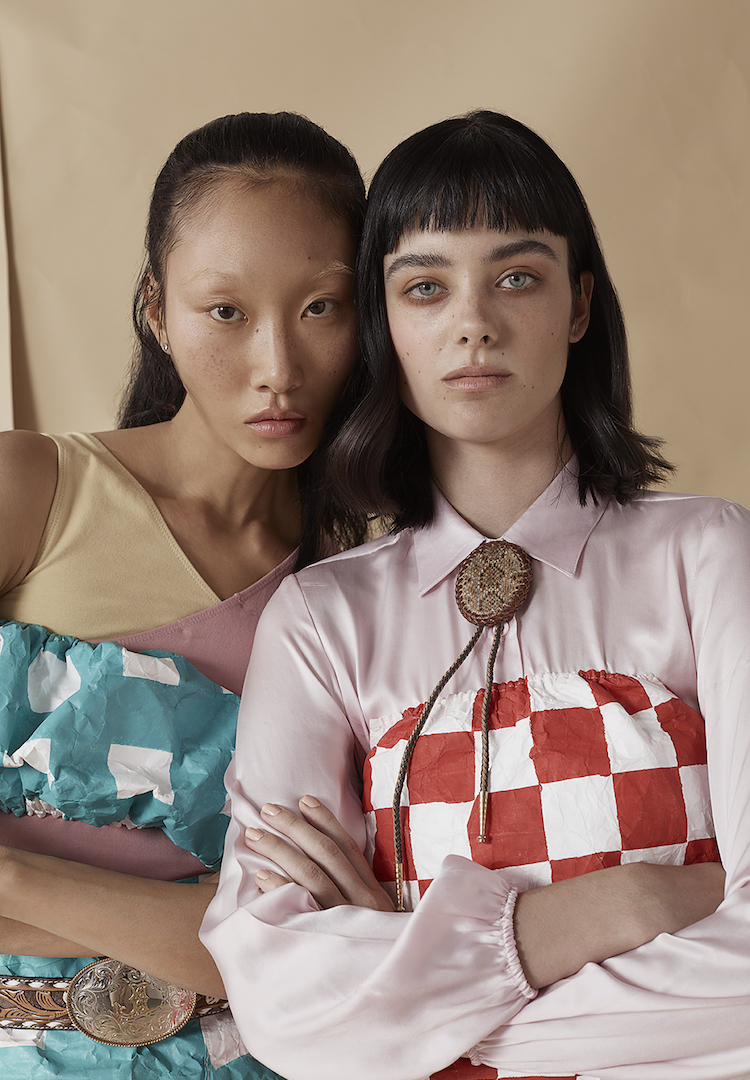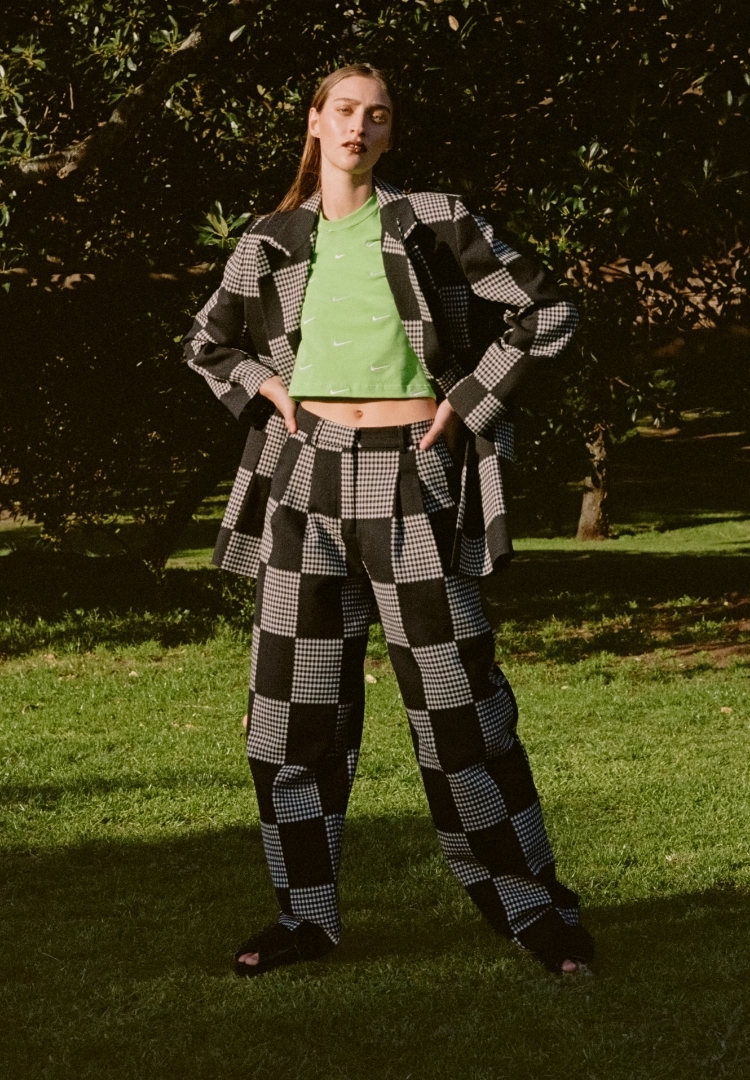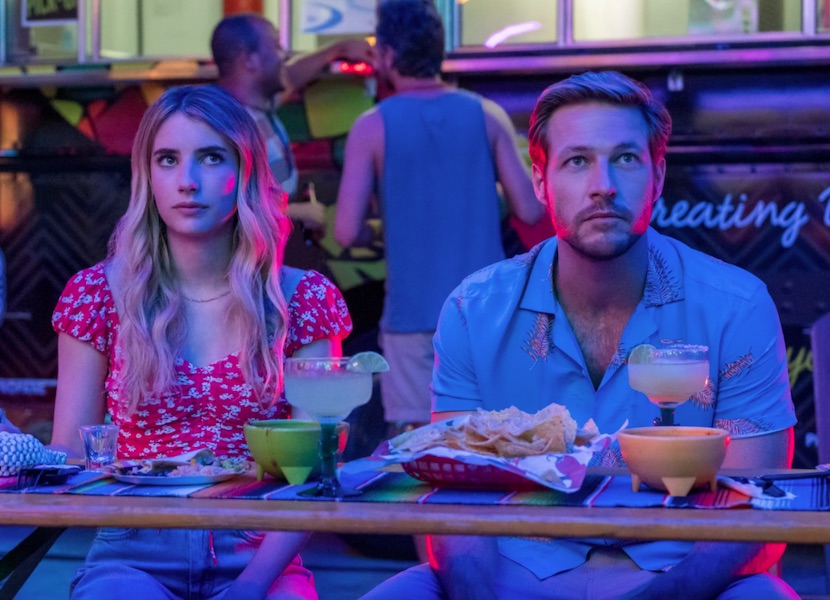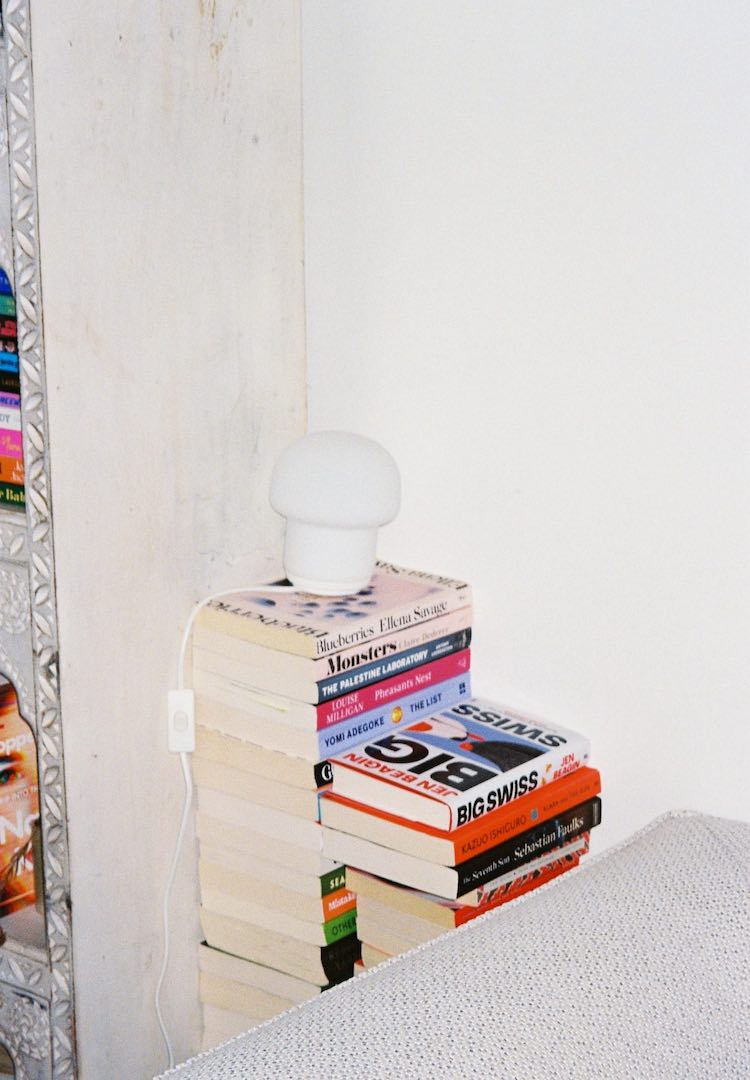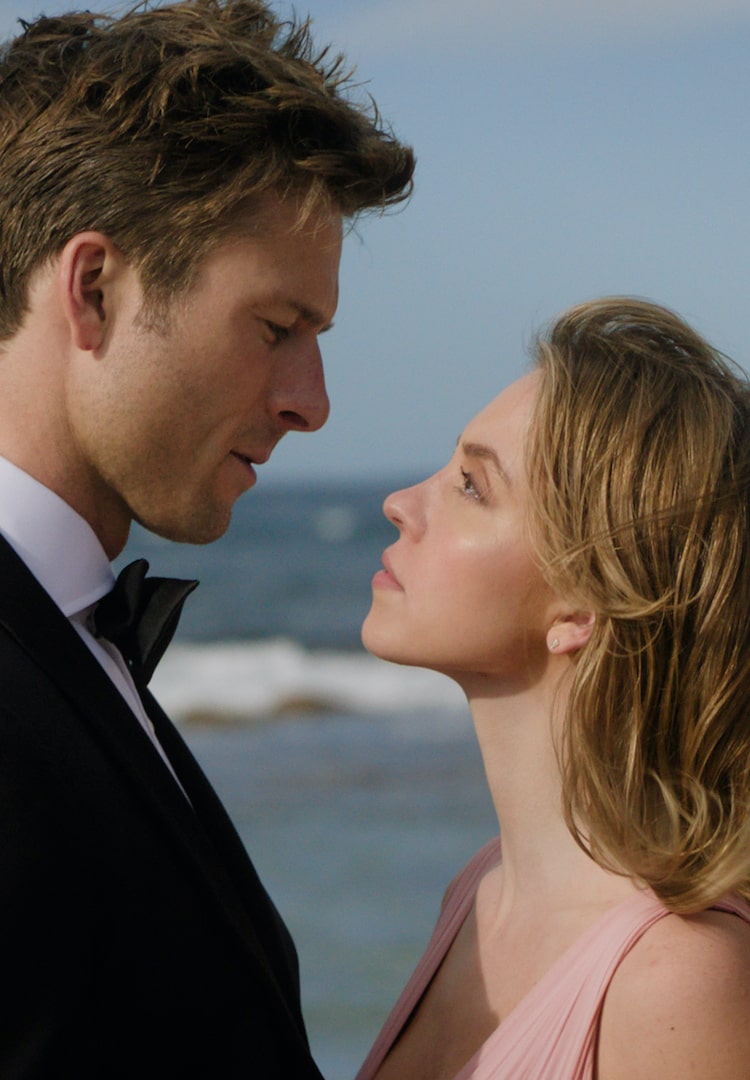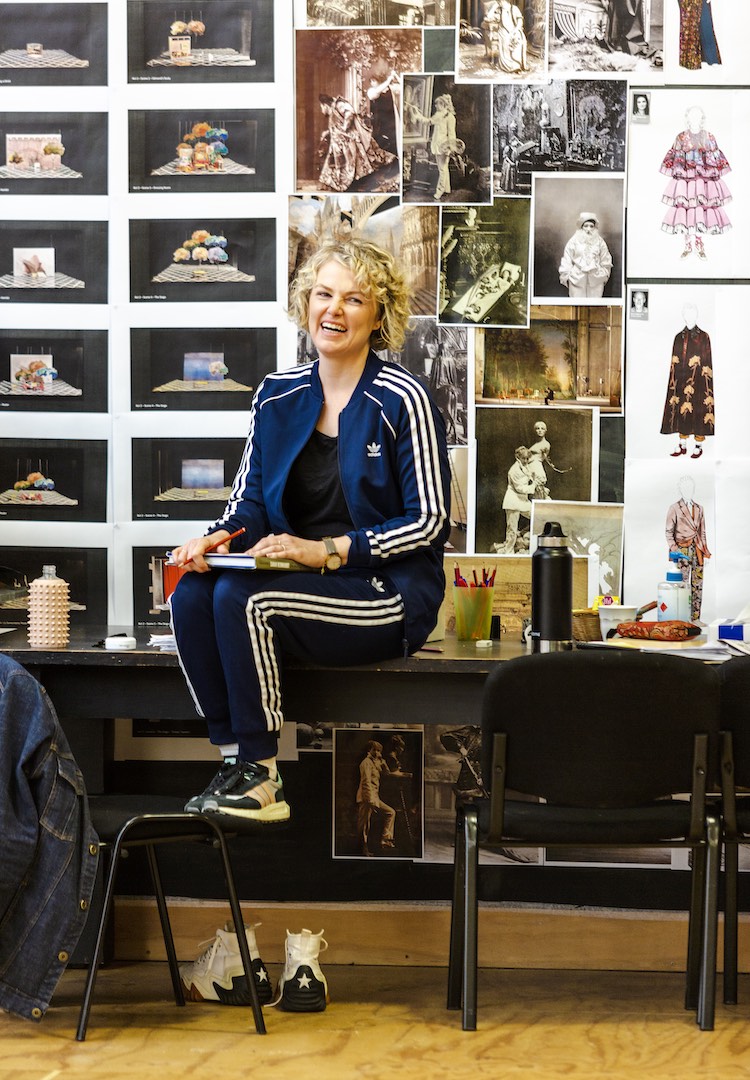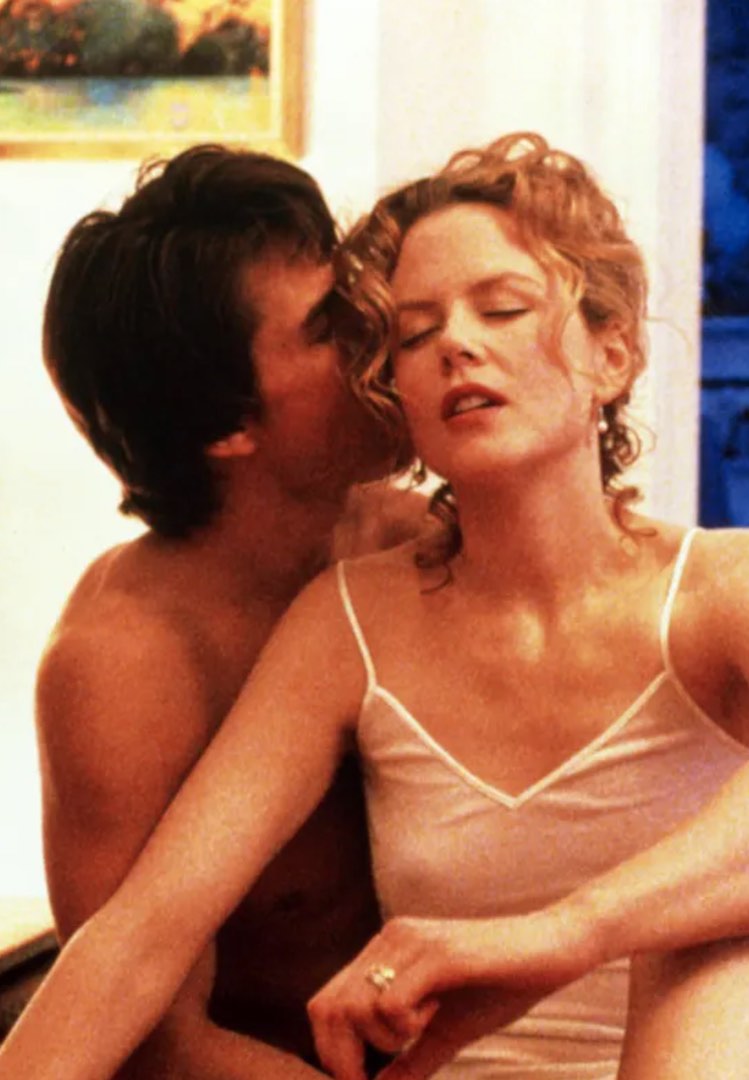Netflix romcoms should be shit, but not this shit
WORDS BY MAGGIE ZHOU
Our controversial sugar hit.
Let’s make a pact to stop referring to things we enjoy as ‘guilty pleasures’. This apologetic admission to liking something is rooted in shame and more often than not, internalised misogyny.
You don’t often hear cis men shyly confessing their love of Vin Diesel movies or YouTube ‘comedians’ – no, they wear their pride on their North Face sleeve.
This brings me to the genre of romcoms. Similar to its bookish cousin ‘chick-lit’, over the years, romcoms have become crappy, shallow and predictably lowbrow.
But there’s no shame in enjoying simple movies. Sure, some people might turn their noses up at anything that isn’t arthouse, foreign or underground, but there’s something very comforting in watching a film that’s simple and feel good.
Which brings me to Netflix’s recent releases. What the fuck. Let’s start off with Holidate. Its hogged a spot in Australia’s Top 10 movies since its release in late October and tries to peg itself as an anti-romance, anti-holidays Christmas movie.
It is the equivalent of an “I’m not like other girls” girl. We’ve got Emma Roberts as the junk-food eating, relationship-repelling yet conventionally attractive sample size White woman protagonist.
While Holidate should score points for having an Australian leading man, the character of Jackson, played by Luke Bracey, only confirms that non-Australians see our kind as health-obsessed outdoor warriors who all look Hemsworth-adjacent. And while I could forgive this film for being intensely average and unnecessarily ridiculous, bordering on slapstick, I can’t look past its problematic behaviours.
I know, I know, we don’t dive into Netflix content for its progressive, intersectional feminism. But Holidate’s racist undertones and tired sexist tropes aren’t comedy. Neither is the mild fatphobia and diet commentary from Jackson. Nor are the conservative views of every women on screen (each of which definitely do not pass the Bechdel test).
Conversations about Emily in Paris share the same sentiment. This 10-part Netflix series by Darren Star was hate-watched by every second person around the globe. Collectively, we scoffed at its stupidity, we gleefully cackled at the wardrobe choices, we sneered at its storyline. But we also still sat through five hours of it.
Strangely, in comparison to my favourite romcoms that are from the ’90s and early ’00s, these 2020 releases feel outdated. While we sometimes excuse problematic content because it was “of a different time”, we can’t say the same now.
But then again, who am I to judge what people should and shouldn’t watch? We’re complex creatures who hold opposing views. We can hold the belief that makeup can be weaponised as an oppressive tool with patriarchal roots that feeds into the male gaze while capitalising off our insecurities, while also believing that it’s an expression of creativity and an art form that empowers many.
There’s a dissonance when it comes to devouring trashy Netflix content. A lot of us, at least I know I do, crave that sugary hit of easy-going and light-hearted romcoms. Surely we can still get our sucrose intake from a romantic comedy that doesn’t lazily sink into sexist tropes? With so many young creatives trying to break into the film industry, it’s almost disrespectful relaying the same old scripts over and over again.
Television and film have evolved into a multiple-person entertainment sport, where half the enjoyment comes from tearing the content apart. That could suit you just fine, but as the audience, we could also expect better. We’re not asking for that much, really.
I’m just a girl, standing in front of a streaming giant, asking them to create romcoms with diverse casts, hold space for queer narratives, not fetishise stalking and to stop producing seven-part Christmas movie franchises.

